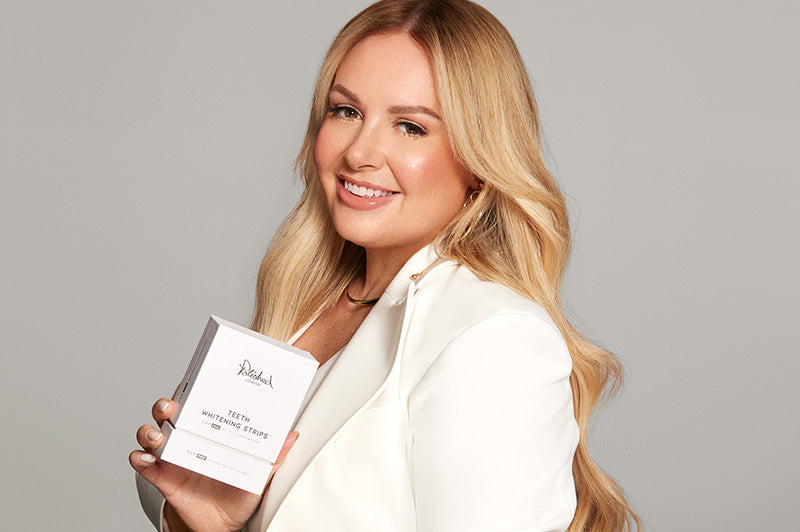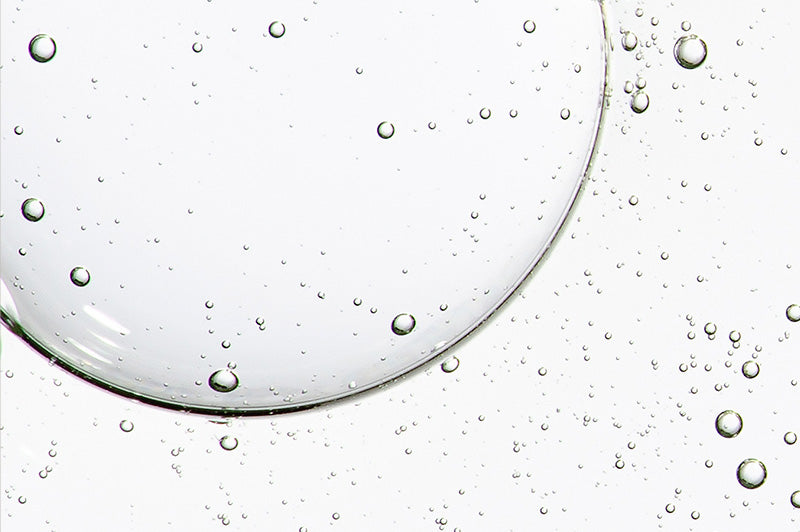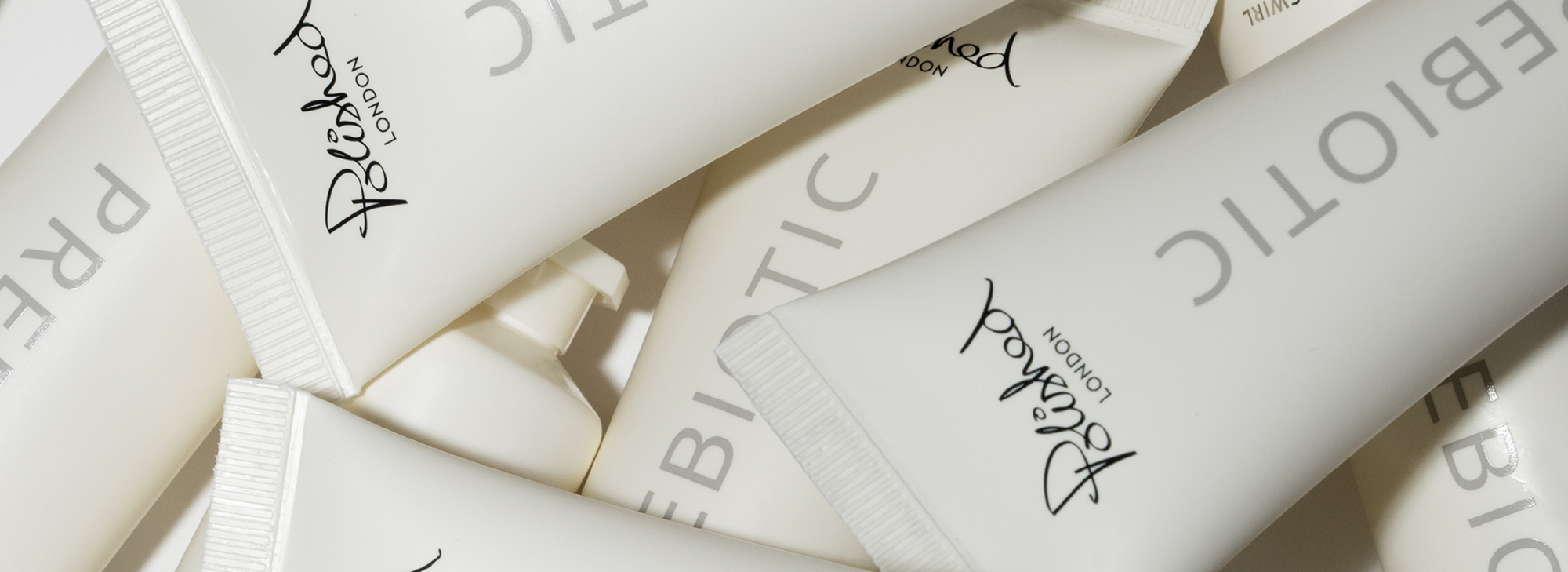How to nurture your microbiome: a gut health expert’s top tips
Frankie Jones, Gut Health, Detox and Wellness Specialist has been supporting her clients to thrive in health and energy for over 20 years and she’s sharing some invaluable information to help you on your way to nurturing your hugely important microbiome.
It’s almost hard to believe that we are in fact more bacteria than we are human! The microbiome accounts for more than 90% of the cells that create you, whereas cells that contain your human DNA is only 10%.
With this in mind, taking care of the bacteria within our body is essential for good health.
The largest network of bacteria resides primarily in the gut, with the second largest being in the mouth. They have a close relationship with each other due to the digestive tract and research has shown that the colon and mouth can share up to 45% of the same bacteria.

Bacteria plays a role in nearly every process within the body from the health of the gut lining, digestion, the immune system, hormone production, sending important chemical messages throughout the whole body and so much more.
Healthy bacteria is delicate and can easily be affected by the lifestyle and dietary choices that we make.
Diet and lifestyle factors that can disrupt the microbiome:
- Alcohol
- Artificial sweeteners
- Processed foods
- Refined sugar
- High fructose corn syrup
- Unhealthy fats
- Smoking
- Stress
The good news is, that by actively taking small (but powerful) steps to support the healthy bacteria, you can soon create an environment where your good bacteria can thrive!
Healthy bacteria need ‘feeding’ and by increasing the amount of plant and fermented foods into your diet you will be providing more ‘food’ for the bacteria to feed on.
Plant foods- Fruit, vegetables, legumes, whole grains, nuts and seeds.
Fermented food and drinks- Kimchi, kefir, natural yogurt and Kombucha

What's the difference between a probiotic and a prebiotic?
Probiotic and prebiotic can get a little confusing. Put simply.. Probiotic contains bacteria and a prebiotic is the food for the bacteria.
The more we take care and nurture the good bacteria, the more we are contributing to our overall health.
Polished is shaking up the world of Oral beauty with it’s Prebiotic Whitening Toothpaste. The first oral toothpaste to contain Fructooligosaccharides! We think this is a mouthful too, So let’s stick to calling it ‘FOS’ for short!
FOS is a form of soluble fibre and a prebiotic. FOS provides food and energy to the good bacteria that we want to nurture. It can be naturally occurring or manufactured.
You can begin and end your day with a dose of FOS in your Prebiotic Whitening Toothpaste to help with oral bacteria, but you can also find FOS naturally occurring in the following foods:
- Lentils
- Oats
- Garlic
- Bananas
- Artichokes
- Onions
- Peas
- Asparagus
Your body loves variety! I like to set my clients a challenge to eat 30 different plant foods a week to ensure the microbiome is not only receiving a variety of food for the bacteria, but that they’re also reaching as many nutritional markers as possible. Give it a try!
Social links:
Blog posts
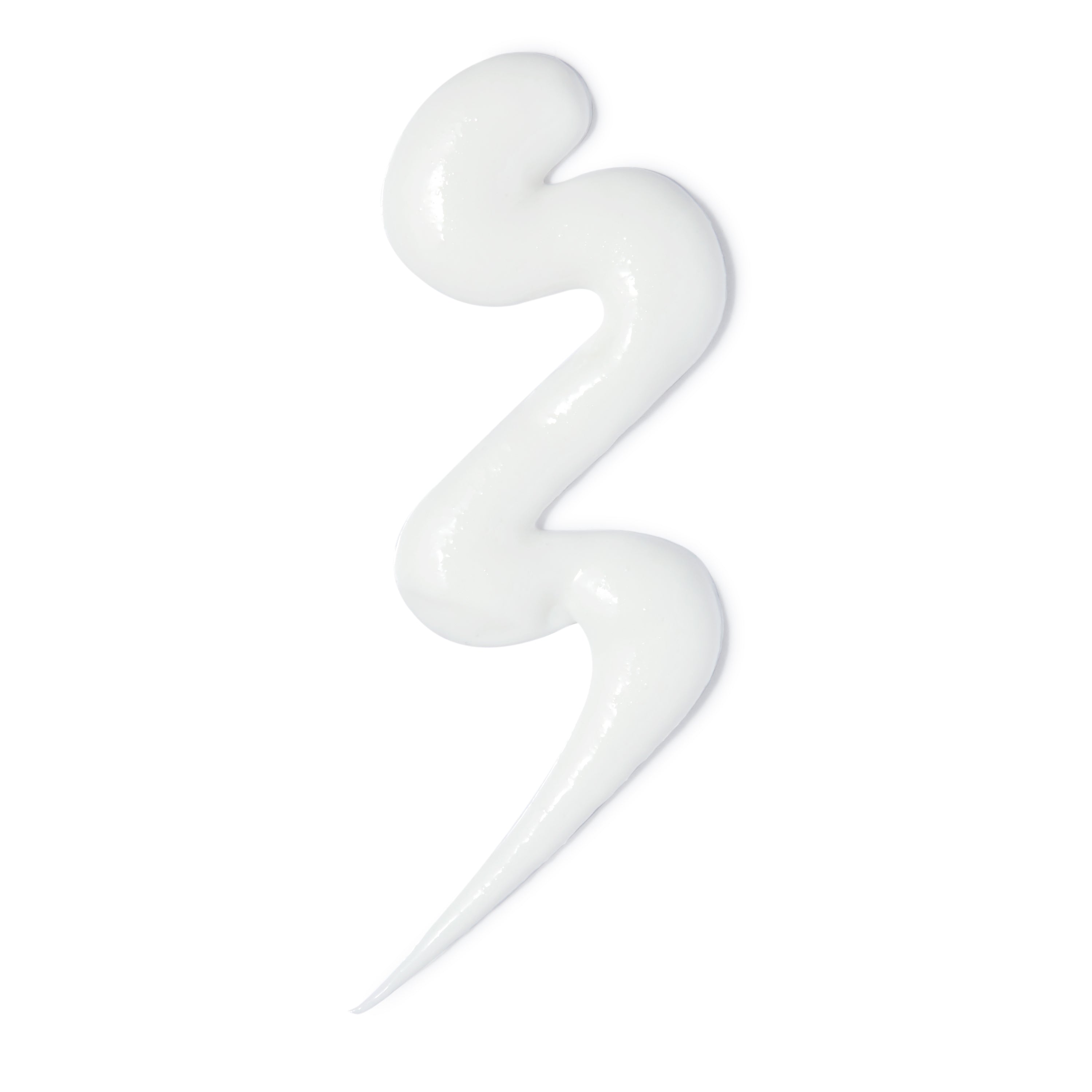
Everything You Need to Know About Teeth Whitening Gel
Your smile is one of the first things people notice, and it deserves the very best care. When it comes to whitening your teeth, not all gels are created equal. The truth is, most whitening gels rel...
Read more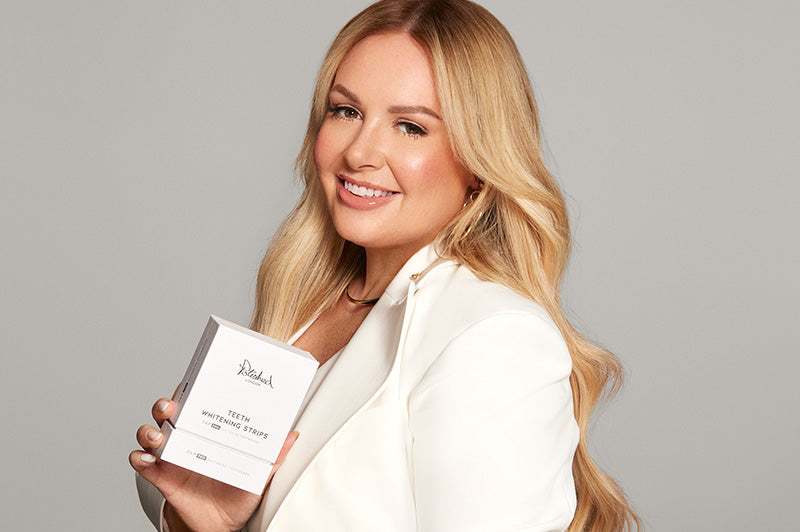
Why Oral Care is the New Skincare
Skincare has always set the standard for beauty routines, hydration, glow, and protection. Now, the same innovation is redefining oral care. Welcome to your SmileCare era: where whitening meets hyd...
Read more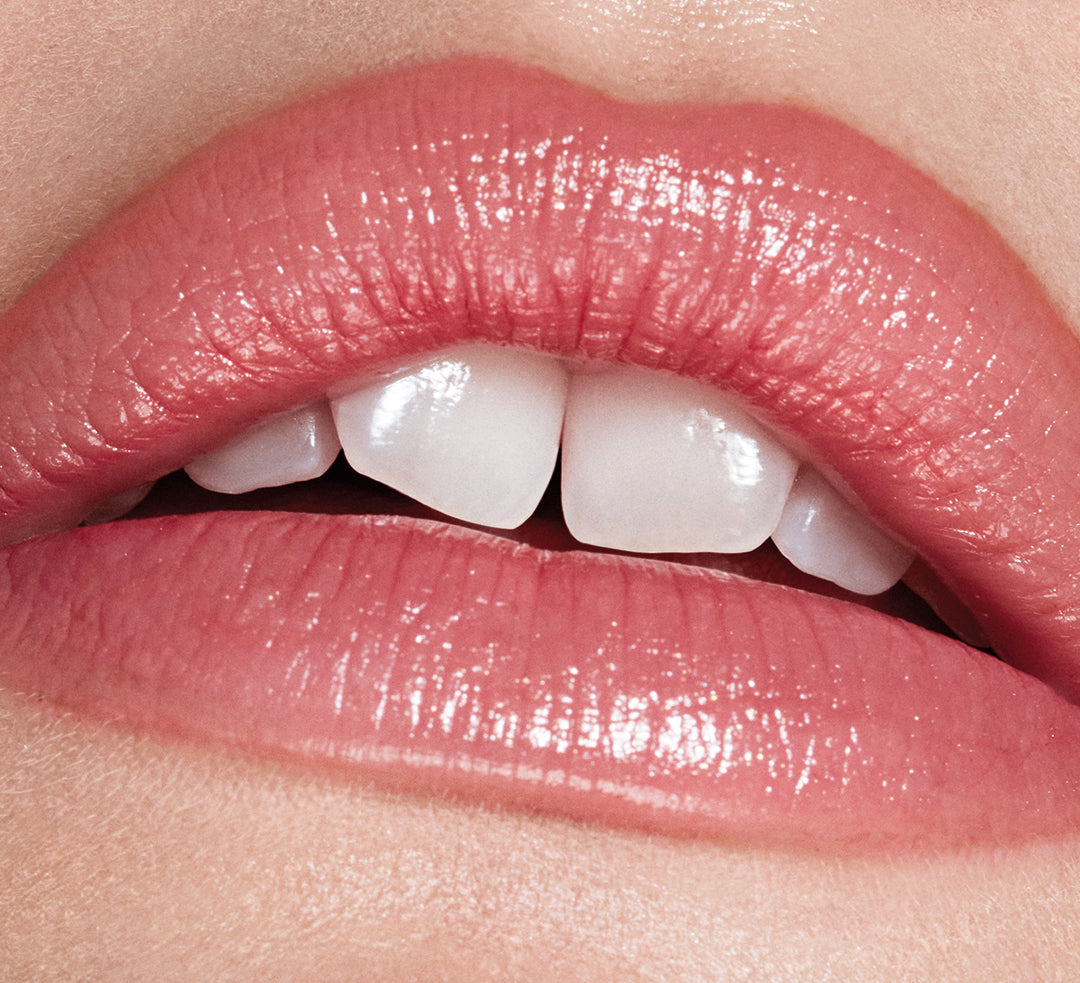
Peroxide-Free Teeth Whitening : The Future of SmileCare
Discover why peroxide-free whitening is leading the smile care movement, a new approach to oral beauty that hydrates, protects and brightens your smile.
Read more
